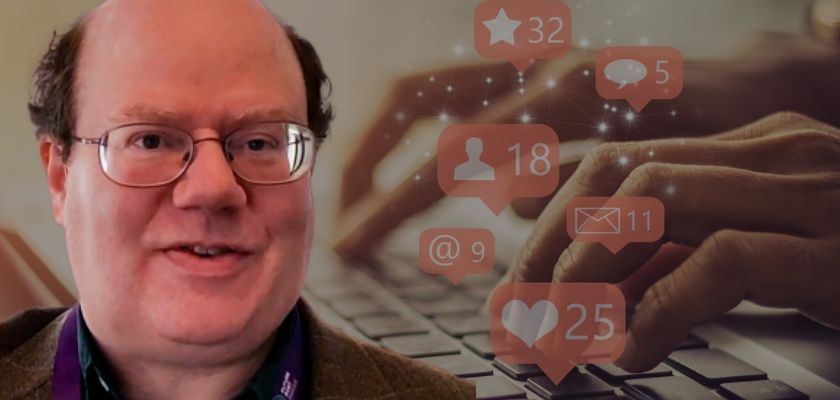Internet pioneer Larry Sanger has called for a “social contract for social media.”
The Wikipedia co-founder, who has not been shy about calling out the ills of a centralized internet, controlled tightly by large corporations, is asking for feedback from the like-minded people on his new proposal.
The intention is to effectively standardize social networks around common protocols, and make them decentralized and interoperable.
Sanger would like to get support for the principles he is proposing first from leaders of alternative social media companies who would gather around the idea, and then try to bring CEOs of big companies in, too.
Those who support the proposal would declare their readiness to work together and implement the same standards and protocols, with interoperability meaning that messages posted on one social platform can also appear on other similar ones.
Another thing Sanger wants CEOs of social media networks to agree to is to support peer-to-peer, or “personal” social media, and technically enable users to post to their networks directly from the feeds users own and control.
A more decentralized system should enable for portable data that users can export and host elsewhere, Sanger continues in his proposed principles.
He insists on common standards for all networks regardless of their primary focus on different formats, such as microblogging, photos, and blogs.
The proposal also states that each network would have the right to moderate content.
“Neither any central body nor any specially commissioned organization has the right to determine what may and may not appear on our networks. We may be as open, or as restricted, as we wish,” Sanger writes.
The proposal calls for more work to be put in toward solving problems faced by decentralized networks, such as spam and real-world identities. But solutions must not produce a system that can be corrupted, or motivated by ideological censorship.
Next, end-to-end encryption is envisaged for individual private messaging and private group chats.
Networks will be able to join such a decentralized system if they adopt open source and neutral protocols, the proposal reads, while the only requirements for users will be technical. At the same time, attention will be given to making the networks easy to use and giving users full ownership and control over their own data.
“We will particularly resist incursions by governments and giant corporations that attempt to hijack the standards and protocols for purposes of censorship, surveillance, or profit-making opportunities not open equally to all,” Sanger writes.










